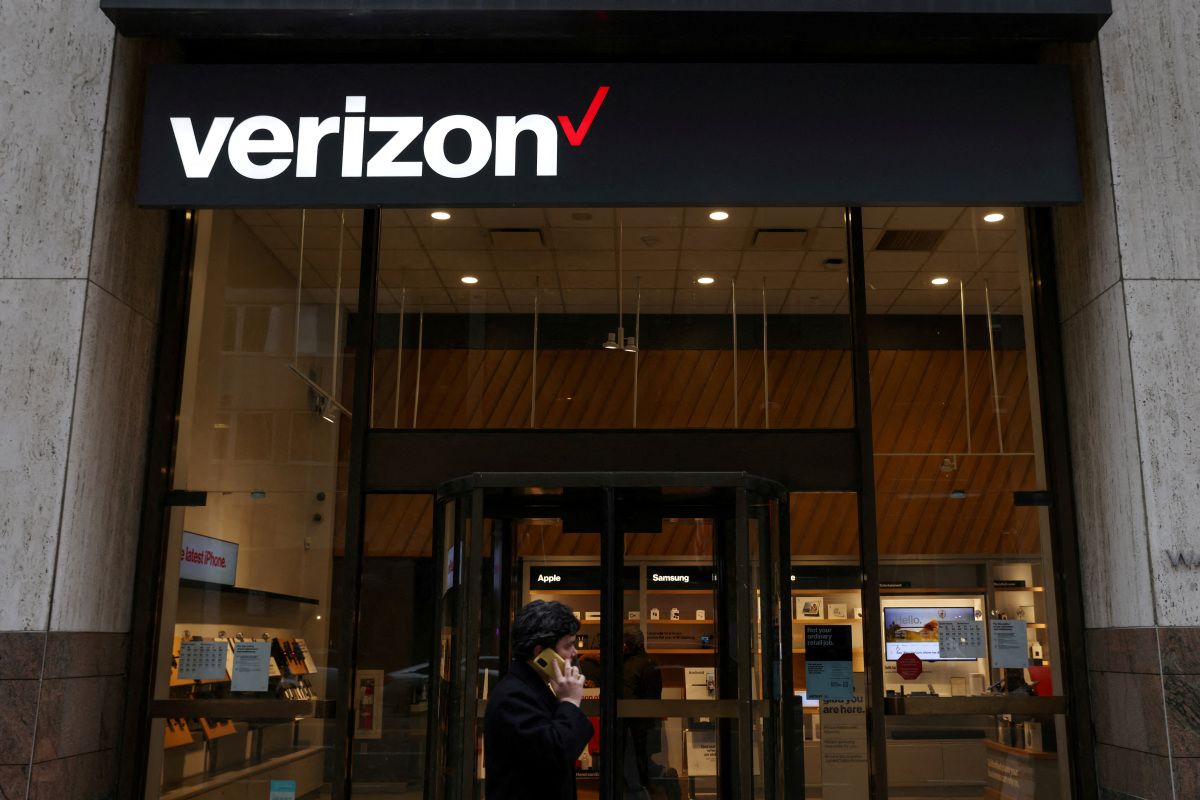When Zoom amended its terms of service earlier this month — a bid to make executives comfortable that it wouldn’t use Zoom data to train generative AI models — it quickly stirred up a hornet’s nest. So the company “revised” the terms of service, and left in place ways it can still get full access to user data.
(Computerworld repeatedly reached out to Zoom without success to clarify what the changes really mean.)
Before I delve into the legalese — and Zoom’s weasel words to falsely suggest it was not doing what it obviously was doing — let me raise a more critical question: Is there anyone in the video-call business not doing this? Microsoft? Google? Those are two firms that never met a dataset that they didn’t love.
One of the big problems with generative AI training is that gen AI cannot be predicted. It’s prone to “hallucinations” and despite the widely-held belief that it will get better and more accurate via various updates over time, the opposite has happened. OpenAI’s ChatGPT accuracy has plummeted in the most recent release.
Once data goes in, there’s no telling where it will come out. Amazon learned that lesson earlier this year when it noticed ChatGPT revealing sensitive internal Amazon data in answers. Amazon engineers were testing ChatGPT by feeding it internal data and asking it to analyze that data. It analyzed it all right, then learned from it — and then felt free to share what it learned with everyone everywhere.
With that scenario in mind, consider the typical Zoom call. Enterprises use it for internal meetings where the most sensitive plans and problems are discussed in detail. Physicians use it for patient discussions.
This is what Zoom says in its revised terms of service:
“Customer Content does not include any telemetry data, product usage data, diagnostic data, and similar content or data that Zoom collects or generates in connection with your or your End Users’ use of the Services or Software. As between you and Zoom, all right, title, and interest in and to Service Generated Data, and all Proprietary Rights therein, belong to and are retained solely by Zoom. You agree that Zoom compiles and may compile Service Generated Data based on Customer Content and use of the Services and Software. You consent to Zoom’s access, use, collection, creation, modification, distribution, processing, sharing, maintenance, and storage of Service Generated Data for any purpose, to the extent and in the manner permitted under applicable Law, including for the purpose of product and service development, marketing, analytics, quality assurance, machine learning or artificial intelligence (including for the purposes of training and tuning of algorithms and models), training, testing, improvement of the Services, Software, or Zoom’s other products, services, and software, or any combination thereof, and as otherwise provided in this Agreement.”
Unless I missed it, the Zoom lawyers…
2023-08-11 22:00:03
Link from www.computerworld.com rnrn





















